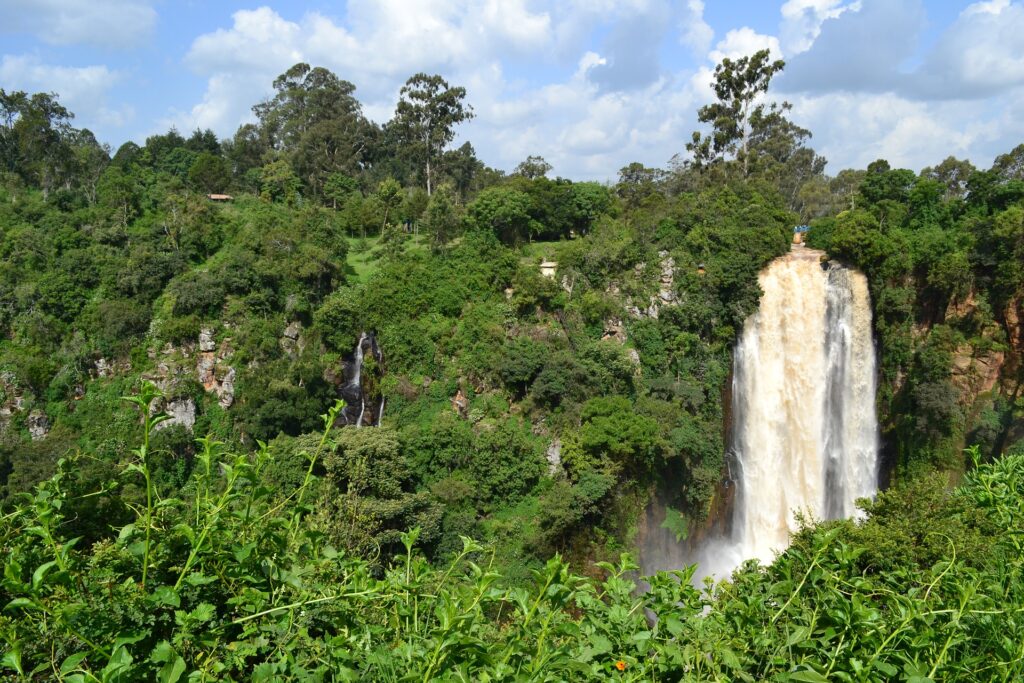SCOTS based scientists working with Kenyans to protect under-threat mangrove forests are to be honoured with an award by the United Nations in New York today.
The team from Edinburgh Napier University have been named winners of the Equator Prize 2017 by the UN Development Programme.
They will receive a $10,000 (£7400) prize towards their efforts.
It recognises their work with Kenyans preserving carbon traps to help protect the forests sustain local ways of life.

The project Mikoko Pamjola – Mangroves Together – is a community led initiative about 50km south of Mombasa in the country’s Gazi Bay area.
It is targeting preservation of the fast disappearing mangrove forests.
As much as 20 percent of the forests have disappeared in recent years through their illegal harvesting for timber.
Their continued destruction not only sees greenhouse gas venting into the atmosphere, but threatens the livelihood of communities who rely upon them.
Students and researchers have been working with the Kenya Marine and Fisheries Research Institute on the value of mangroves and how to restore them.
The mangroves are crucial in protecting the region’s coastal communities from sea storms and erosion.
As well as being a vital habitat for wildlife, they are also massive carbon sinks, with researchers saying they can lock up as much as five-times the amount of CO2 as even tropical rainforests.
The Mikoko Pamoja project started in 2013 raises money by selling so-called carbon credits to people and organisations looking to reduce their carbon footprint through charity the Association for Coastal Ecosystem Services.
This creates local jobs in conservation and development, which in turn helps boost local facilities for education, health and business.

Local guards now protect the forests, while others measure the growth of the trees and get involved in forest restoration projects.
Dr James Kairo, head of mangrove research at the Kenya Marine and Fisheries Research Institute, said: “This project shows how nature-based solutions to the challenges of climate change can work.
“In Kenya and East Africa, we are leading on involving communities in managing their Blue Carbon resources to help achieve sustainable development.”
Today’s award is recognition of the part Edinburgh’s team and Kenyan locals has played in helping make that happen.
Professor Mark Huxham, who leads Edinburgh Napier’s work in the area, said it could now help them expand their project to other areas.

He said: “This is a wonderful endorsement of the hard work of local people in Kenya to conserve their mangrove forests.
“Mikoko Pamoja shows how we can come together across nations, cultures and disciplines to make a difference to climate change and to conservation.
“Recognition by the United Nations will help us to expand this work to other African mangrove forests and look for new partners keen to reduce their carbon footprints.”
Want to learn more? Read: the Mikoko Pamoja website.
Image Credits: Blue Forests video 101 Visions; Story images: Edinburgh Napier University; Cover image: Kenya CC Emuturi


Pingback: Leonardo DiCaprio Foundation funding boost for Edinburgh Napier University led mangrove forest project – Planet Scotland